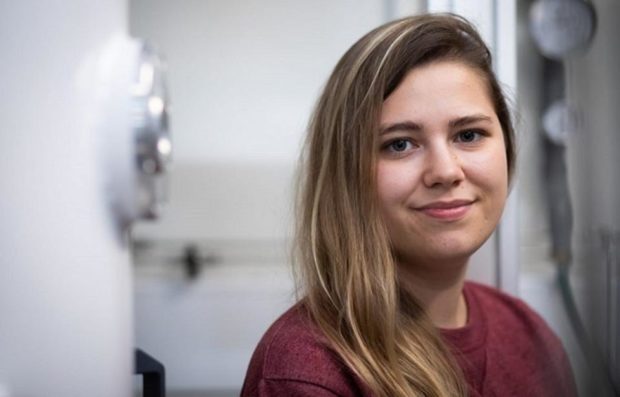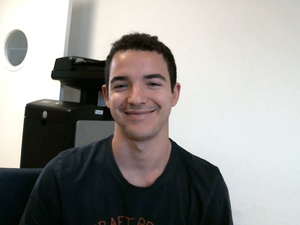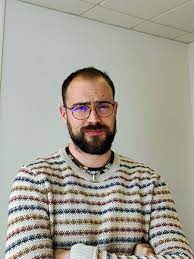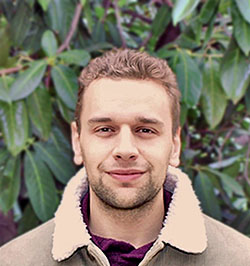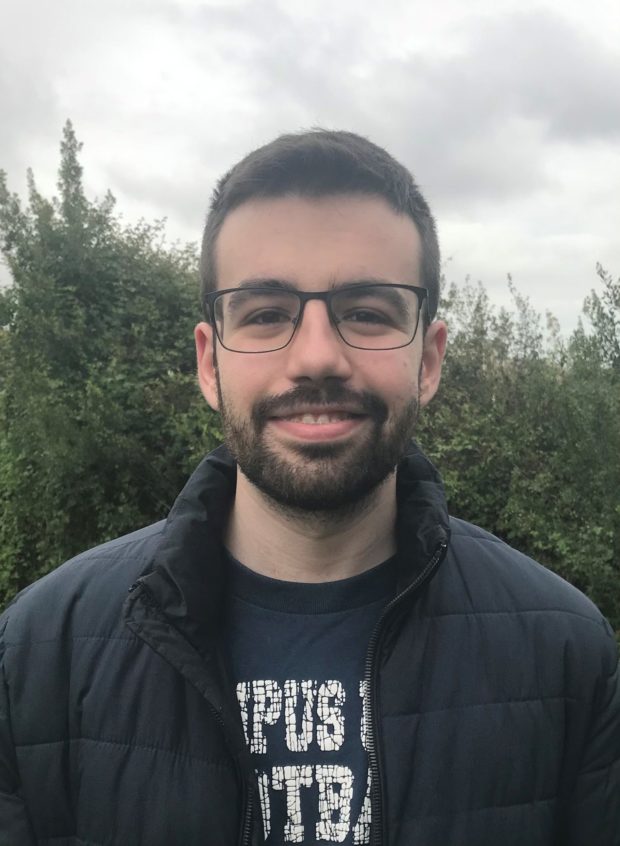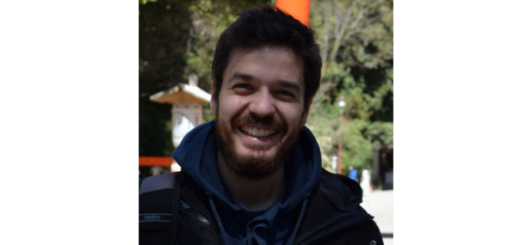Online Seminar #10: Variational waveguide-QED quantum simulators
Cristián Tabares (CSIC-IFF) Quantum computers and simulators are expected to provide new ways to study the properties ofcomplex quantum circuits. Since they are still prone to errors in the calculations, Variational Quantum Algorithms (VQAs) have emerged as a possible practical way to exploit current state-of-the-art quantum devices. These algorithms propose using a classical optimizer to…

